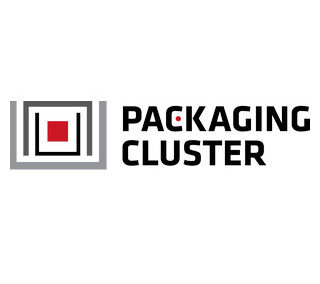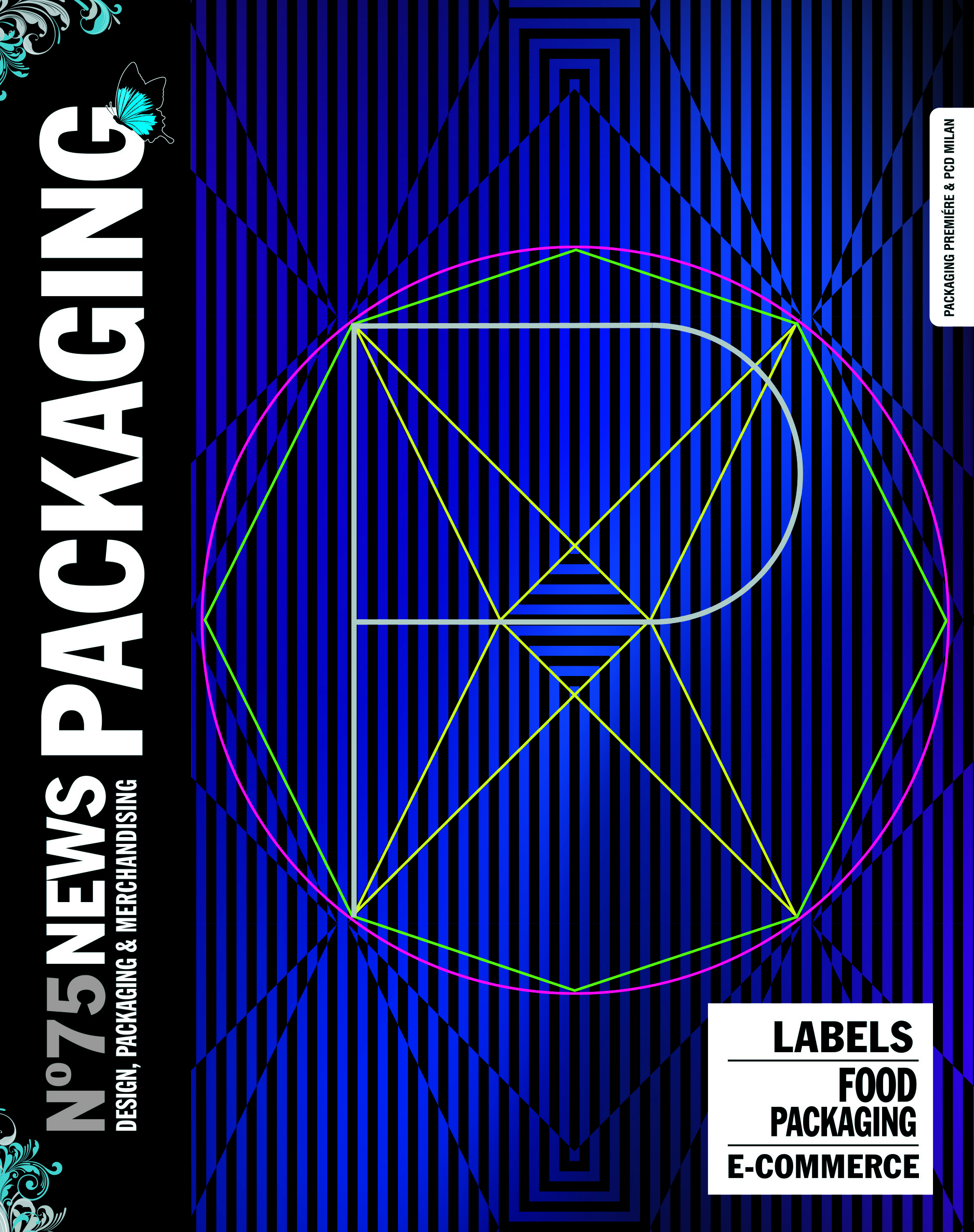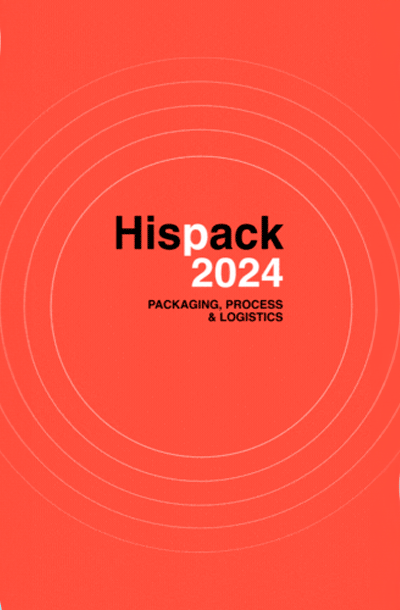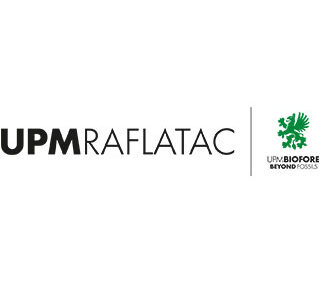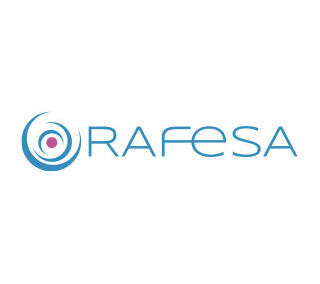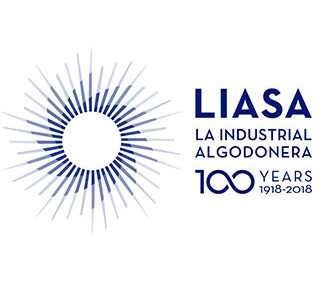Metal Packaging Europe, the association of European producers of metal containers Rigids and their supply chain partners, completed a new assessment of the life cycle (LCA) of aluminum beverage cans (25, 33 and 50 cl).
Using the latest available data (2016), the study covers the life cycle of the aluminum beverage cans produced in Europe, from the extraction of raw materials through manufacturing to the end of their useful life. Compared to 2006 data, the study records significant reductions in CO2 equivalent emissions. The carbon footprint has been reduced by an impressive 31% on average, confirming the industry's commitment to reducing carbon emissions and decoupling production growth from its environmental footprint.
The main factors that have made this progress possible are:
• Continuous improvements in aluminum manufacturing processes
• The reduction in the weight of the can; Y
• The increase in the recycling rate.
For a 33 cl capacity, the reducing the impact on climate change in the 10-year period (2006 - 2016) it is -33%, and includes the following key figures:
• A reduction of -35% in the consumption of electricity and heat, thanks to the improvement in the efficiency of the manufacture of cans;
• An increase of around 50% in the recycling rate of aluminum packaging in Europe, from 50% to 73% in 2014.
The data shows that if the impact on climate change of the entire life cycle of the can is analyzed, manufacturing only accounts for 18%.
